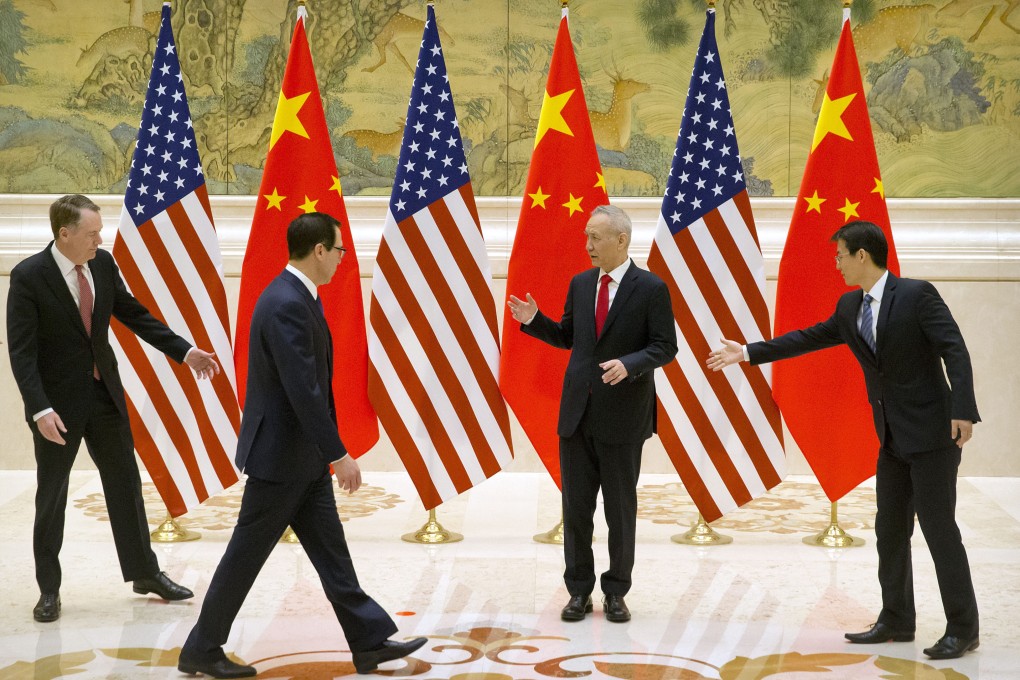US-China decoupling: Beijing, Washington urged to work on ‘real’ plans for bilateral engagement
- The American Chamber of Commerce (AmCham) in China says the costs of decoupling would be significant and generate no clear winners
- AmCham China recommended that both Washington and Beijing separate issues of national security and identify barriers to guide bilateral competition in other spheres

The United States and China should work on “real” plans for bilateral engagement on “an issue-by-issue basis” and refrain from unproductive value-based positioning, a US lobby group said on Tuesday.
“Both sides should commit to real plans for commercial and political engagement on an issue-by-issue basis, while refraining from the public use of inflammatory and unhelpful rhetoric around values-based differences.
“Washington and Beijing should prioritise communication at the working level and with strong business community engagement on both sides, while emphasising real strategies for implementing their plans rather than engaging solely for the sake of engagement.”
National security actions should be applied in the least trade-restrictive manner possible. The tariff exemption programme should be expanded to facilitate trade, which is mutually beneficial
The costs of decoupling would be significant and generate no clear winner, the chamber added.